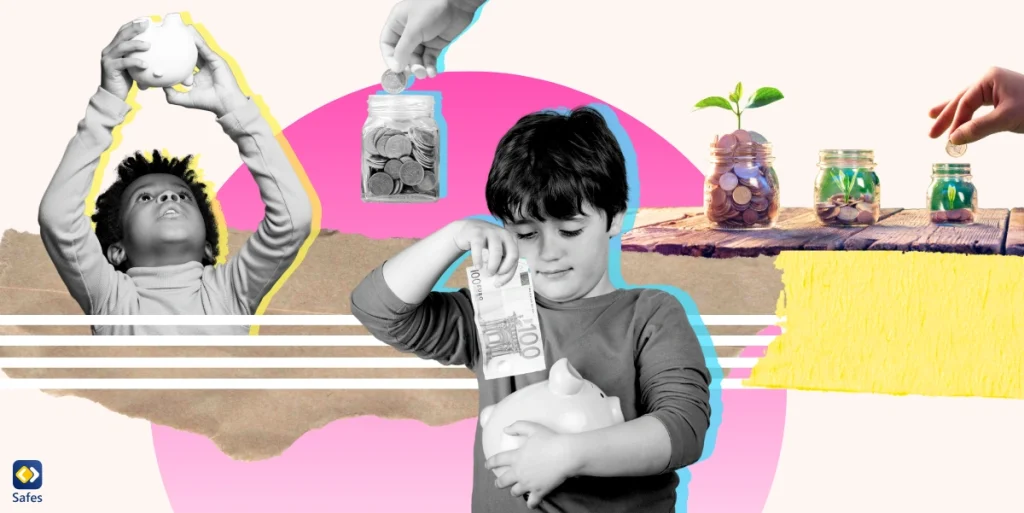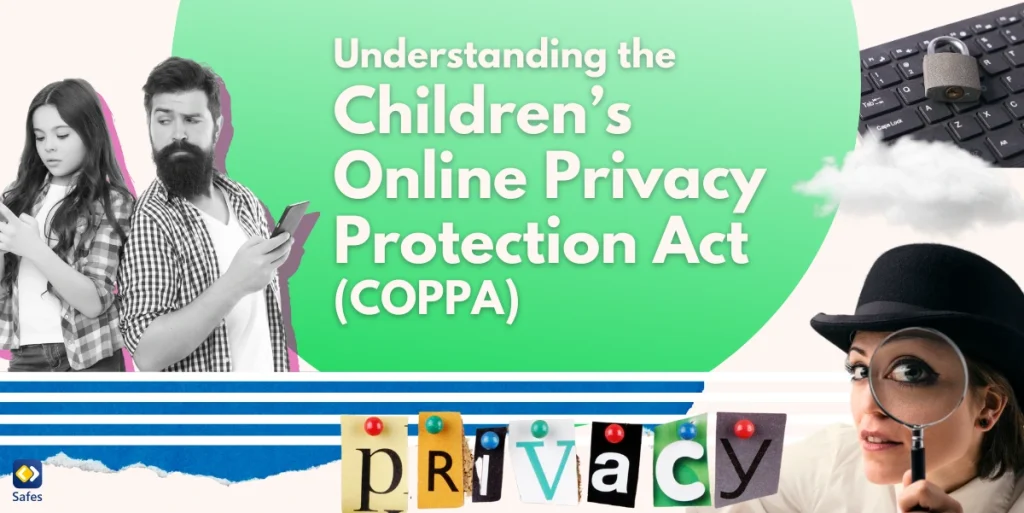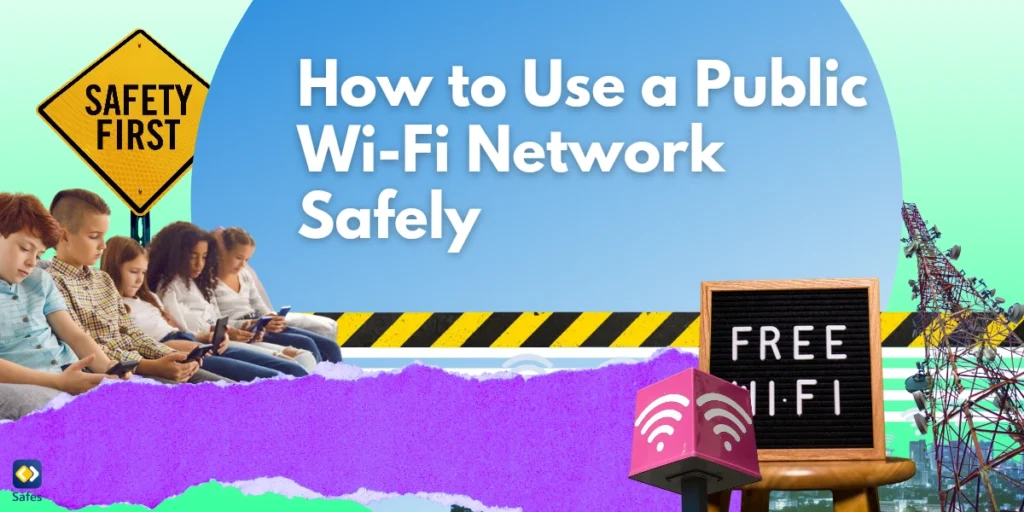Medical neglect of a child is a serious issue that can have devastating consequences for their health and well-being. Medical neglect is defined as the failure of a parent or caregiver to provide necessary medical care for a child, either intentionally or due to a lack of knowledge or resources. It’s important to recognize and prevent medical neglect in order to protect children from harm. This blog post will provide information on how to identify medical neglect and take steps to prevent it. The purpose of this blog is to raise awareness about this issue and provide actionable advice for families to ensure that their children receive the medical care they need and deserve.
Download and Start Your Free Trial of the Safes Parental Control App
Signs and Symptoms of Medical Neglect
Medical neglect can take many forms, and it can be difficult to recognize. However, there are several signs and symptoms that may indicate that a child is being medically neglected. One of the most common signs is a failure to provide necessary medical care. This can include neglecting to take a child to routine check-ups, failing to follow through with recommended treatments, or not seeking medical attention when a child is sick or injured.
Delay in seeking medical attention is another red flag for medical neglect. If a child’s health concerns are ignored or delayed, this can lead to serious complications and even death. Refusal to follow recommended medical treatments is also a sign of medical neglect. This can include not filling prescriptions, not administering medication as prescribed, or not scheduling follow-up appointments.
Chronic and severe illness or injuries can also be a sign of medical neglect. If a child is consistently sick or injured and does not receive adequate medical care, this can lead to long-term health problems and complications. Finally, behavioral changes in the child can also indicate medical neglect. If a child is consistently withdrawn, anxious, or depressed, it may be a sign that they are not receiving the medical care they need.
Causes of Medical Neglect
Medical neglect can have several causes, including lack of awareness and education on medical needs, financial and insurance barriers, fear and mistrust of medical professionals, and cultural and religious beliefs.
Many parents may not have adequate knowledge about their child’s medical needs, leading to a failure to seek necessary medical care. Lack of education on preventive measures, symptoms of illnesses, and the importance of regular medical check-ups can also contribute to medical neglect.
Financial and insurance barriers can also play a significant role in medical neglect. Families may avoid seeking medical care due to the high cost of medical services or lack of insurance coverage. In some cases, families may not be able to afford transportation to medical appointments or have limited access to medical facilities.
Fear and mistrust of medical professionals can also lead to medical neglect. Some families may have had negative experiences with healthcare providers in the past, leading to a reluctance to seek medical care. Additionally, language or cultural barriers can make it difficult for families to communicate effectively with healthcare providers, leading to misunderstandings and a lack of trust.
Cultural and religious beliefs can also impact medical neglect. Some families may hold beliefs that conflict with Western medicine, leading to a refusal to seek necessary medical care. For example, some families may believe in alternative medicine or rely on prayer instead of seeking medical treatment.
It is essential to recognize these causes of medical neglect to address them appropriately and ensure that all children receive the necessary medical care they need.
Effects of Medical Neglect on a Child
Medical neglect can have a devastating impact on a child’s physical, emotional, psychological, and cognitive well-being. Physical consequences may include untreated injuries and illnesses, chronic pain, and developmental delays. Without medical attention, these conditions can worsen and become life-threatening. Additionally, medical neglect can cause emotional and psychological distress, such as anxiety, depression, and trauma. Children who experience medical neglect may also experience cognitive effects such as difficulty with learning and memory.
The long-term consequences of medical neglect can be severe and lasting. Children may suffer from chronic health conditions that could have been prevented with early and proper medical care. Medical negligence can also impact a child’s ability to learn and succeed academically, leading to poor educational outcomes and limited employment opportunities later in life. Moreover, the emotional and psychological trauma caused by medical neglect can persist into adulthood, leading to difficulties with relationships, self-esteem, and mental health. It is crucial to recognize the signs of medical neglect and take action to ensure that all children receive the medical care they need to thrive.

Prevention of Medical Neglect
Preventing medical neglect requires a multi-faceted approach that addresses various factors that contribute to it. Education is crucial in helping parents understand the importance of medical care for their children. This can be achieved through awareness campaigns, community outreach, and targeted education programs.
Financial barriers can also hinder access to medical care, so removing them is vital. This can be done by providing financial assistance, such as insurance coverage and subsidies, or offering low-cost or free medical services.
Encouraging trust and communication between parents and healthcare professionals is also essential in preventing medical neglect. This can be achieved by building relationships with healthcare providers and ensuring that parents understand their rights and responsibilities when it comes to their children’s health.
Addressing cultural and religious beliefs is also crucial in preventing medical neglect. Healthcare providers should be trained to understand and respect cultural and religious beliefs and work with families to find solutions that align with their beliefs while still providing necessary medical care.
In conclusion, preventing medical neglect requires a comprehensive approach that involves educating parents, removing financial barriers, encouraging trust and communication with healthcare professionals, and addressing cultural and religious beliefs. By taking these steps, we can ensure that all children receive the medical care they need to thrive.

How Can Safes Help You and Your Child?
The Safes parental control app can help parents in monitoring and controlling their children’s digital activities. With features like live location tracking, geofencing, screen time management, web and app filtering, and activity reports, parents can ensure their child’s safety online. It can also prevent medical neglect by allowing you to monitor your child’s digital behavior and spot any behavioral changes. The app is easy to use, affordable, and optimized for search engines.
By using Safes, you can improve your parenting skills and ensure your child’s well-being. It’s important to note that Safes is a multiplatform app, meaning it’s available on all smart devices, including phones, tablets, and computers powered by Android, iOS, Windows, and Mac. Explore Safes with a 14-day free trial to discover the diverse parental control options it offers. Use the resources below to learn about the different parental control options that Safes offers:
- Windows parental controls
- Macbook parental controls
- Parental controls on Android
- iPhone parental controls
Medical Neglect of a Child: Conclusion
In conclusion, medical neglect of a child can have severe consequences and should not be ignored. The signs and symptoms of medical neglect include failure to provide necessary medical care, delay in seeking medical attention, refusal to follow recommended medical treatments, chronic and severe illness or injuries, and behavioral changes in the child. Parental control apps, such as Safes, can help parents prevent medical neglect by monitoring and controlling their child’s digital activities. In addition, these apps can improve parenting skills by providing tools to help parents better understand their child’s behavior and needs.
Your Child’s Online Safety Starts Here
Every parent today needs a solution to manage screen time and keep their child safe online.
Without the right tools, digital risks and excessive screen time can impact children's well-being. Safes helps parents set healthy boundaries, monitor activity, and protect kids from online dangers—all with an easy-to-use app.
Take control of your child’s digital world. Learn more about Safes or download the app to start your free trial today!




